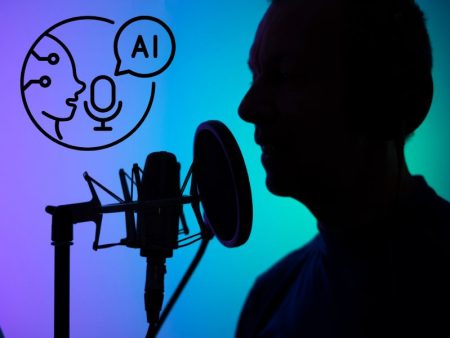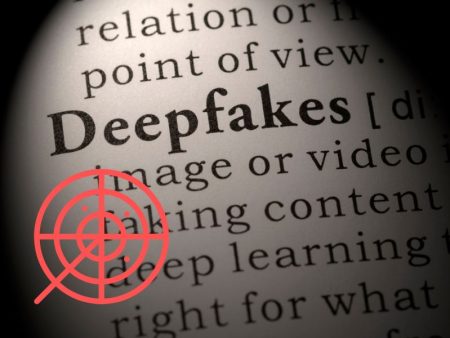When Ava Reynolds asked ChatGPT for help with her finances, she didn’t expect it to work better than her budgeting app. “I just said, ‘Hey, how do I stop bleeding cash on food delivery?’ and it gave me a better plan than my bank ever did,” she said, half-laughing, half-serious. And just like that, another user joined a growing wave of people turning to AI for financial advice—not just calculators and spreadsheets.
A recent report by Vox dives into this rising trend: instead of relying on traditional budgeting tools like You Need a Budget (YNAB), Monarch Money, or even quirky chatbot Cleo, users are ditching the dashboards and asking ChatGPT directly for help with debt, spending, or investing strategies. Why? Well, it’s fast, flexible, and doesn’t guilt-trip you for splurging on a concert ticket.
Let’s be real—budgeting apps can feel a bit like digital nagging. Notifications, charts, warnings… it’s overwhelming. And for people who aren’t math geeks or finance nerds, the barrier to entry is high. That’s where ChatGPT comes in, chatting like a helpful friend who knows stuff but doesn’t judge. And that’s exactly what users across Reddit and TikTok have been raving about lately.
But let’s not pretend it’s all roses.
ChatGPT isn’t licensed to give financial advice, and it certainly isn’t perfect. While it can break down spending habits, generate personalized budgets, or explain complex investing terms, it’s not connected to your bank account. That means no auto-tracking, no alerts, no “Oops, you forgot your credit card payment again” nudges. It works on the honor system—your honesty, your input, your consistency. And as every budgeting expert will tell you, most people struggle with exactly that.
Still, users like software engineer Martin Li are betting on AI over apps. “I got tired of YNAB’s rigid categories,” he said. “With ChatGPT, I just ask how to budget $3,200 in a month with specific goals—saving for a trip, paying rent, and maybe treating myself once or twice. It feels more… human.”
The emotional tone of money talk is where AI has surprisingly shined. Unlike budgeting apps that give you cold figures and charts, AI responses can carry empathy. You might even get a motivational boost from how it phrases a spending plan. There’s something oddly comforting about being told “It’s okay to enjoy life—you just need a better plan.”
Still, not everyone’s sold.
Financial advisors are voicing concern. “I worry about people taking AI advice as gospel,” said CFP Dana Groves in a recent CNBC interview. “There’s nuance in personal finance. AI doesn’t know your emotional triggers, your risk tolerance, your past trauma with money. A spreadsheet doesn’t cry, but a human does.”
Regulators are also watching closely. In 2024, the U.S. Consumer Financial Protection Bureau flagged AI tools that provide advice without disclaimers, noting the risk of consumers misunderstanding what’s a suggestion versus what’s sound financial planning. There’s also growing scrutiny from Europe’s AI Act framework, which could classify financial guidance bots as “high-risk” AI systems.
And then there’s privacy. Unlike apps that encrypt your data and plug directly into banks, ChatGPT doesn’t see your bank account—unless you feed it those details manually. That raises red flags. As Wired pointed out, sharing personal financial data with chatbots might not be the smartest idea, especially when OpenAI’s terms of use say the data could be used for training.
So what’s the takeaway?
If you’re feeling lost with your money, ChatGPT might give you a clearer path—just don’t expect it to hold your hand all the way. It’s like asking a clever friend who read every personal finance book in existence, but still doesn’t know your full story. And sure, it won’t replace a licensed financial advisor. But for many users, it’s enough to get them unstuck.
And that’s the real story here: people are tired of being overwhelmed by budgeting. They want clarity, not clutter. They want someone (or something) that talks like them, doesn’t shame them, and can be summoned with a question as simple as: “Why am I always broke by the 20th?”
Whether that someone ends up being a chatbot—or a human—remains to be seen.

